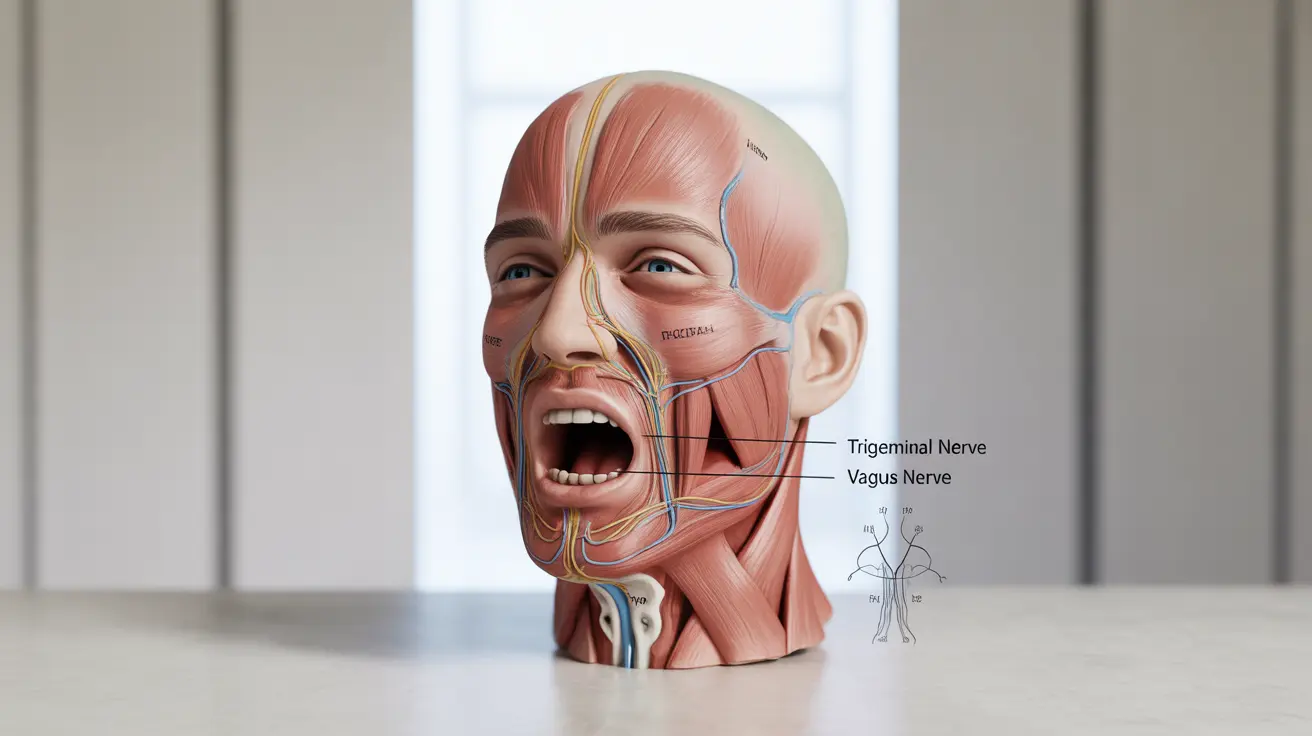The common belief that sneezing with your eyes open is impossible or dangerous has persisted for generations. This fascinating aspect of human physiology has sparked numerous debates and myths, leading many to wonder about the true relationship between our eyes and the sneezing reflex.
Understanding the mechanics of sneezing and its connection to our eyes can help separate fact from fiction. Let's explore the science behind this intriguing bodily function and address some common misconceptions.
The Mechanics of Sneezing
A sneeze is your body's natural defense mechanism against irritants in your nasal passages. This explosive reflex involves multiple body systems working together to forcefully expel unwanted particles from your airways.
During a sneeze, your body coordinates a complex series of muscle movements, including those in your chest, abdomen, diaphragm, and facial muscles. This coordinated response typically occurs at speeds of up to 100 miles per hour, releasing thousands of tiny droplets into the air.
The Eye-Sneeze Connection
The automatic closing of your eyes during a sneeze is part of what scientists call the "protective reflexes." This response occurs due to the neural connections between your facial muscles and the trigeminal nerve, which controls various facial movements.
While most people naturally close their eyes when sneezing, this action isn't physically mandatory. The muscles controlling your eyelids are separate from those involved in the sneezing reflex, although they often work in coordination.
Understanding the Science
Neural Pathways
The sneeze reflex involves multiple cranial nerves, including the trigeminal nerve (CN V) and the facial nerve (CN VII). These nerves coordinate various muscle movements during a sneeze, including those affecting your eyes, nose, and throat.
Muscle Coordination
When you sneeze, your body activates numerous muscles simultaneously. The muscles controlling your eyelids (orbicularis oculi) typically contract as part of this coordinated response, but this contraction isn't mechanically necessary for the sneeze itself.
Safety Considerations
Despite popular myths, sneezing with your eyes open will not cause your eyeballs to pop out. Your eyes are held securely in place by six strong muscles and the optic nerve, making such an occurrence virtually impossible.
However, attempting to force your eyes open during a sneeze might be uncomfortable and could potentially strain your facial muscles unnecessarily. It's generally best to let your body's natural reflexes work as intended.
Frequently Asked Questions
Can you sneeze with your eyes open, and is it safe to do so?
Yes, it is physically possible to sneeze with your eyes open, and doing so won't harm your eyes. While most people naturally close their eyes when sneezing, keeping them open won't cause any damage to your vision or eye health.
Why do most people automatically close their eyes when they sneeze?
People typically close their eyes during a sneeze due to a protective reflex coordinated by facial nerves. This automatic response helps protect the eyes from any particles that might be expelled during the sneeze and is part of the body's natural defense mechanism.
Is the myth true that your eyeballs can pop out if you sneeze with your eyes open?
No, this is completely false. Your eyes are securely attached to your eye sockets by multiple muscles and the optic nerve. The force of a sneeze isn't nearly strong enough to overcome these anatomical attachments.
How does sneezing protect your body from irritants and germs?
Sneezing is a protective reflex that helps clear your nasal passages of irritants, allergens, and potentially harmful particles. The forceful expulsion of air helps remove these unwanted substances from your respiratory system, helping to maintain your health.
Can holding in a sneeze cause eye or other health problems?
While holding in a sneeze won't affect your eyes, it can potentially cause other problems, such as injured blood vessels, ruptured eardrums, or damaged sinuses. It's always better to let yourself sneeze naturally while covering your mouth and nose appropriately.




